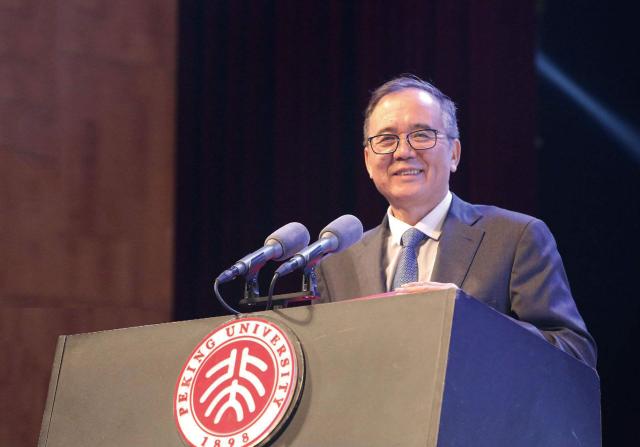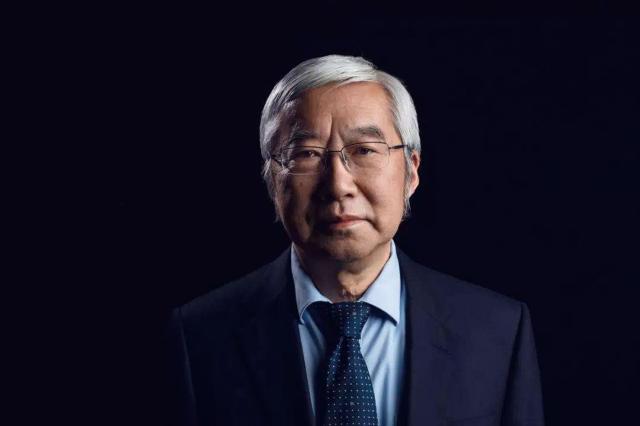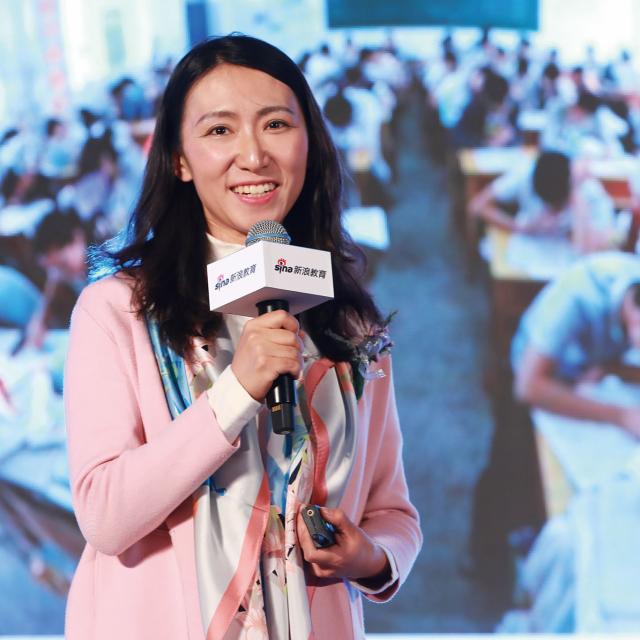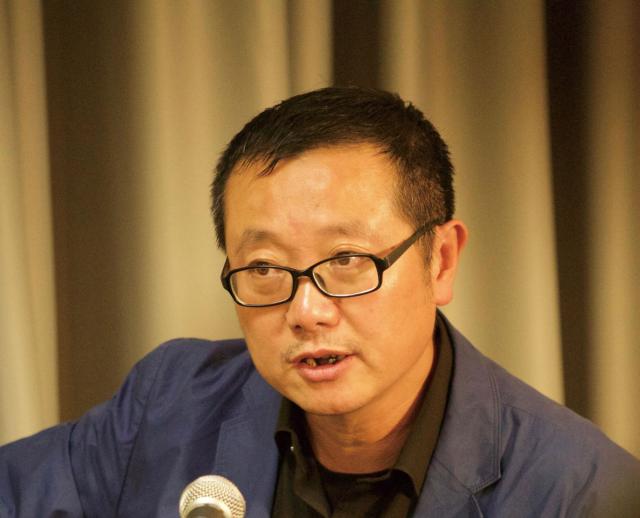“During China’s 40 years of reform and opening-up, along with the widening income gap and split of profits distribution, there is a tendency among Chinese elites to isolate themselves from the general population. We should remain aware of this tendency and try to prevent it.”
Li Peilin, deputy director of the Chinese Academy of Social Sciences, in a report on responding to the changes in social strata that was partially reprinted by Xinhua Digest, a State-owned news journal.
“The genetic editing experiment has passed an ethical boundary of the scientific community. It revealed a lack of respect and awe for human beings and the world among many scientists... It also reflects a problem in our education system. We should teach students not only to ‘do things right’ but also ‘do right things.’”
Lin Jianhua, former President of Peking University, on Chinese scientist He Jiankui’s genetic editing of twin babies to create immunity to the HIV virus, at the Fifth China Education 30 Forum held in Beijing, December 2.
“Real estate has taken up too much of China’s total investment and GDP. Real estate investment actually does very little to foster China’s future economic development and innovation. Instead, it deprives technology of investment. This is what China has to change.”
Yu Yongding, academic committee member with the Chinese Academy of Social Sciences, warning that China’s economy has become a “hostage” to real estate investment at the recent China Development Forum held in Shenzhen, Guangdong Province, late November.
“Innovation is not possible without free education that helps people accomplish their dreams. Innovation is the most typical example of something that cannot be directed from the top down.”
Li Yinuo, chief representative of the Bill & Melinda Gates Foundation Beijing Office and founder of Beijing-based ETUSchool, a small private elementary school that values individuality, suggesting that China abandon its current selection-oriented education at the 9th Caixin Summit held at the end of November.
”China is a country full of sense of the future, because its future is full of challenges and risks. But that future has never been more attractive than it is now, providing fertile ground for the development of science fiction.”
Liu Cixin, author of The Three-Body Problem, during a speech after receiving the 2018 Arthur C. Clarke Award for Imagination in Service to Society.
“Private enterprises would have created an operating model on their own that best and most effectively improves both their development and China’s industries if the government had not gone ahead and worked out a system for them.”
Zhuo Yongliang, a columnist of financial portal Caixin, appealing for the government to allow private enterprises to choose their own model.
“China’s economy is in a period of transition for its growth phase, development mode and system. During this time, we have to distinguish between things left over from the planned economy and those newly emerging that conform to market rules.”
Liu Shijin, deputy director of the economic affairs commission of the Chinese People’s Political Consultative Conference, at the 9th Caixin Summit.
“Chinese medical reform is hard without a set of strict standards that define the roles of doctors of different departments and guide them to work and transfer freely, based on socialist market rules.”
Huang Jiefu, former minister of China’s National Health Commission, during a talk on key issues in China’s medical reforms at the 9th Caixin Summit.
“When the gender ratio [of boys to girls] rises, parents of boys accumulate wealth in the hopes of increasing their children’s competitiveness in the marriage market. One way they do this is to increase their savings.”
Wei Shangjin, a Chinese-American economist and professor at Columbia Business School, explaining the reasons driving the higher savings rate of Chinese families with boys, especially in areas with a high gender ratio of boys to girls, during an interview with Wu Zhijian, CEO of Singapore-based Woodsford Capital Management Pte Ltd.
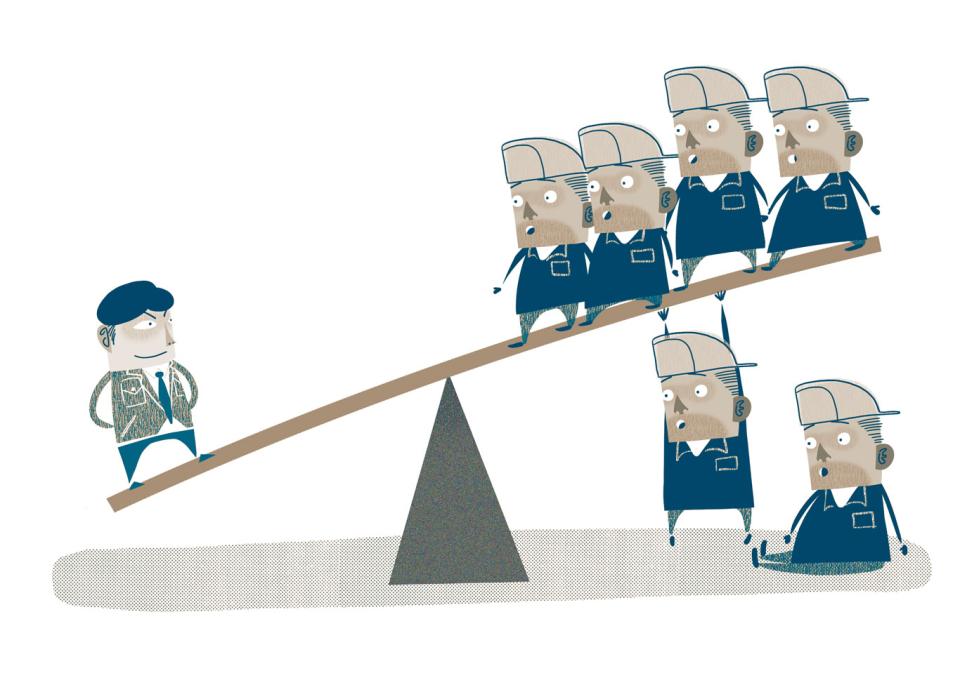
 Old Version
Old Version
